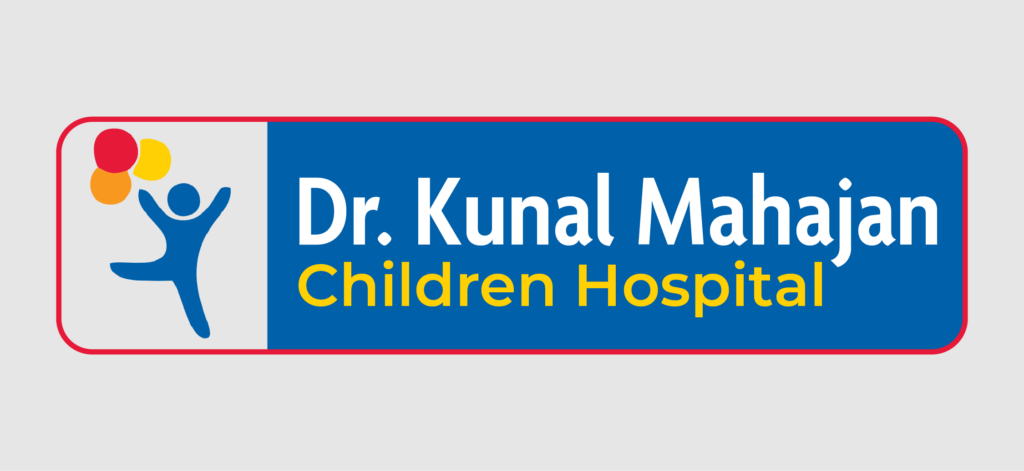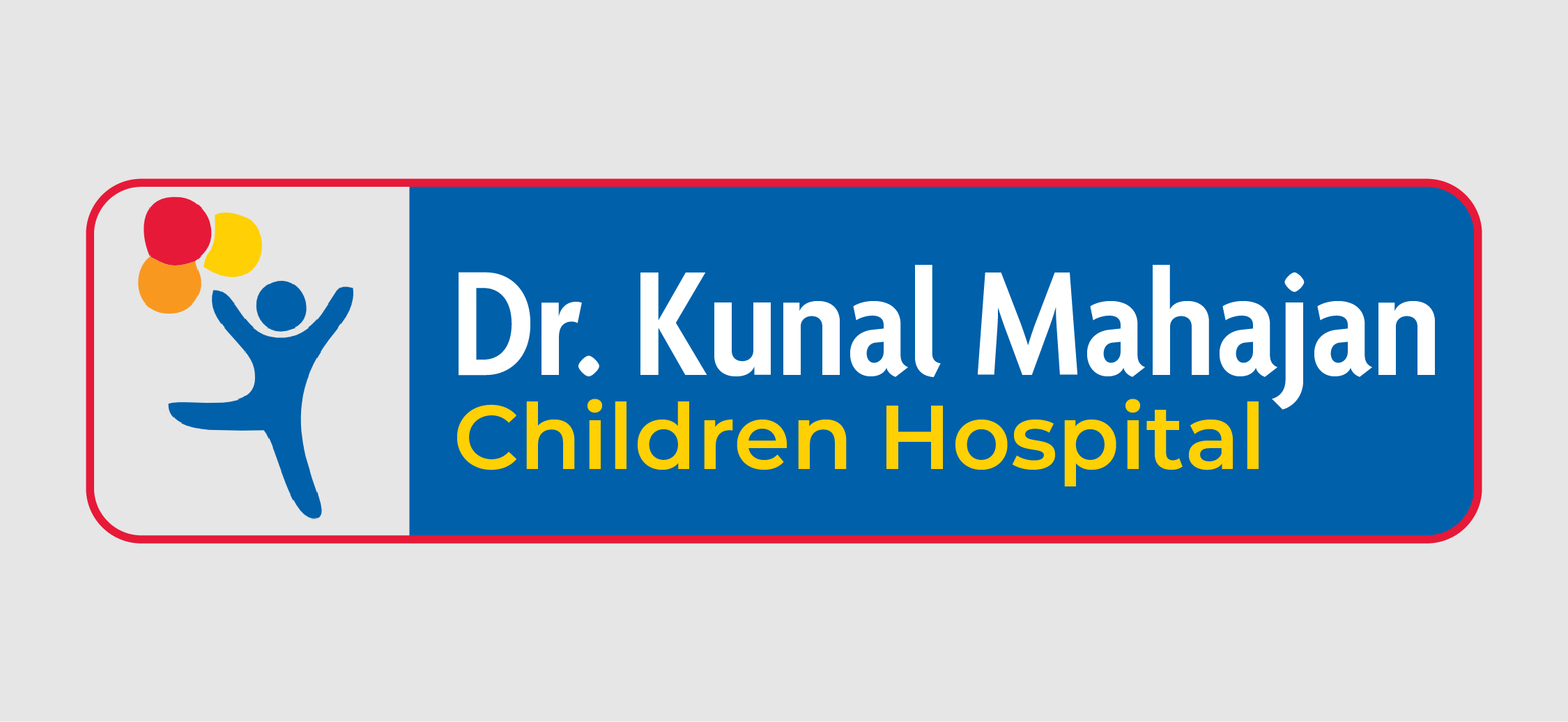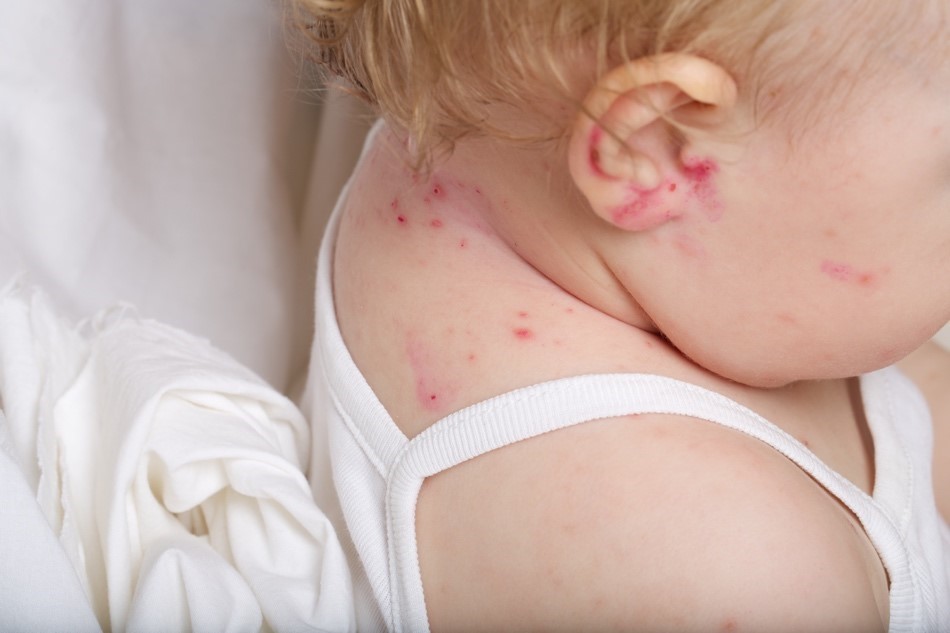Chickenpox used to be a rite of passage for children, but with advances in healthcare, it has become less common, thanks to vaccination. However, it is still important for parents to be in the know about this contagious disease, especially when it comes to spotting the signs early on.
What is Chickenpox?
- Chickenpox is a viral infection caused by the varicella-zoster virus.
- It is most recognized by the itchy red spots it creates, which can cover the entire body.
- Chickenpox is highly contagious and spreads through direct contact with the infection or through the air when an infected person coughs or sneezes.
Symptoms to Watch For
- The most common symptom of chickenpox is a rash that turns into fluid-filled blisters.
- These blisters eventually burst and crust over, and new waves of blisters can appear as the illness progresses.
- Other symptoms include fever, tiredness, loss of appetite, and a general feeling of being unwell.
How Chickenpox Spreads
- Children are more likely to catch chickenpox from someone who's infected because it's spread so easily.
- If your child hasn't been vaccinated and is exposed to the varicella-zoster virus, they are at high risk of developing the disease.
Treatment for Chickenpox
There's no cure for chickenpox, and the virus usually has to run its course. The primary goal of treatment is to relieve symptoms and prevent complications. This can include fever reducers, such as acetaminophen, antihistamines for itching, and keeping the body cool. Calamine lotion and oatmeal baths are also popular remedies for soothing the rash.
Preventing Chickenpox
- The chickenpox vaccine is the best way to prevent chickenpox in children.
- It is typically given in two doses, with the first dose administered at 12 to 15 months of age and the second dose at 4 to 6 years old.
- Vaccination not only protects your child but also contributes to community immunity, helping to protect others as well.
When to See a Doctor
If you think your child has chickenpox, it is essential to see a doctor, especially if your child is:
- under the age of 12 months
- has a weakened immune system
- or the rash seems to be spreading to the eyes.
- has a fever that lasts for more than four days or if the rash gets severely red, warm, or tender, which could indicate a secondary bacterial infection.
In conclusion, while chickenpox in children is often mild, it is crucial to be vigilant about prevention through vaccination and to recognize the symptoms early. Proper care and attention can help ensure your child gets through their chickenpox experience as comfortably as possible. Remember, when in doubt, consult your child's pediatrician to guide the best course of action.



